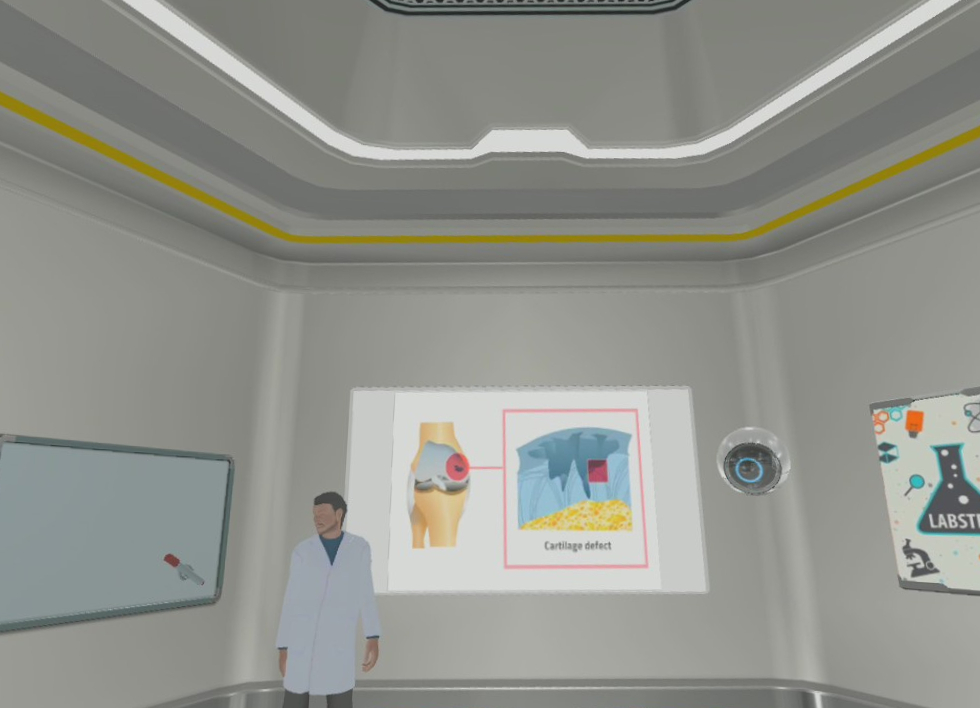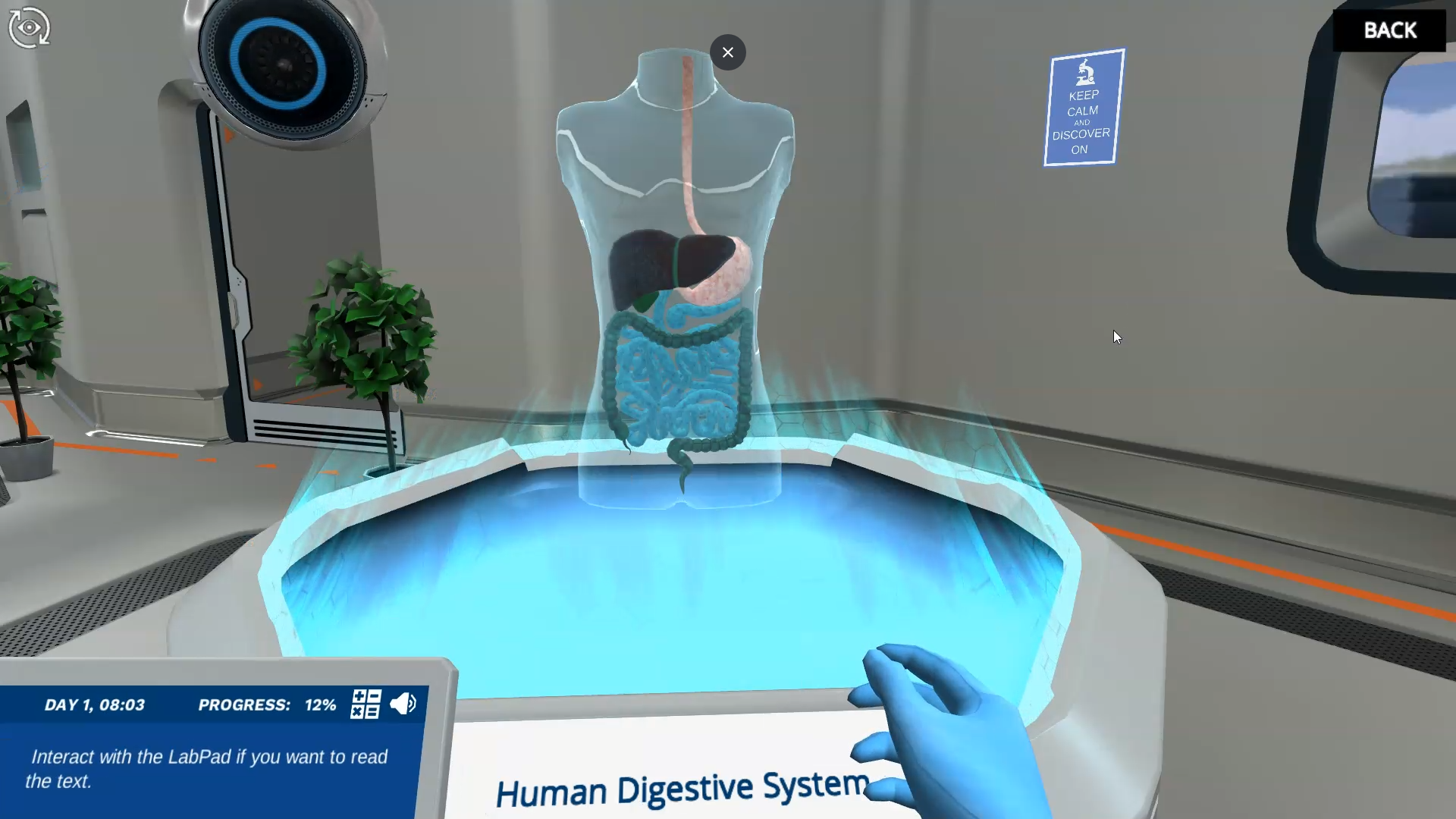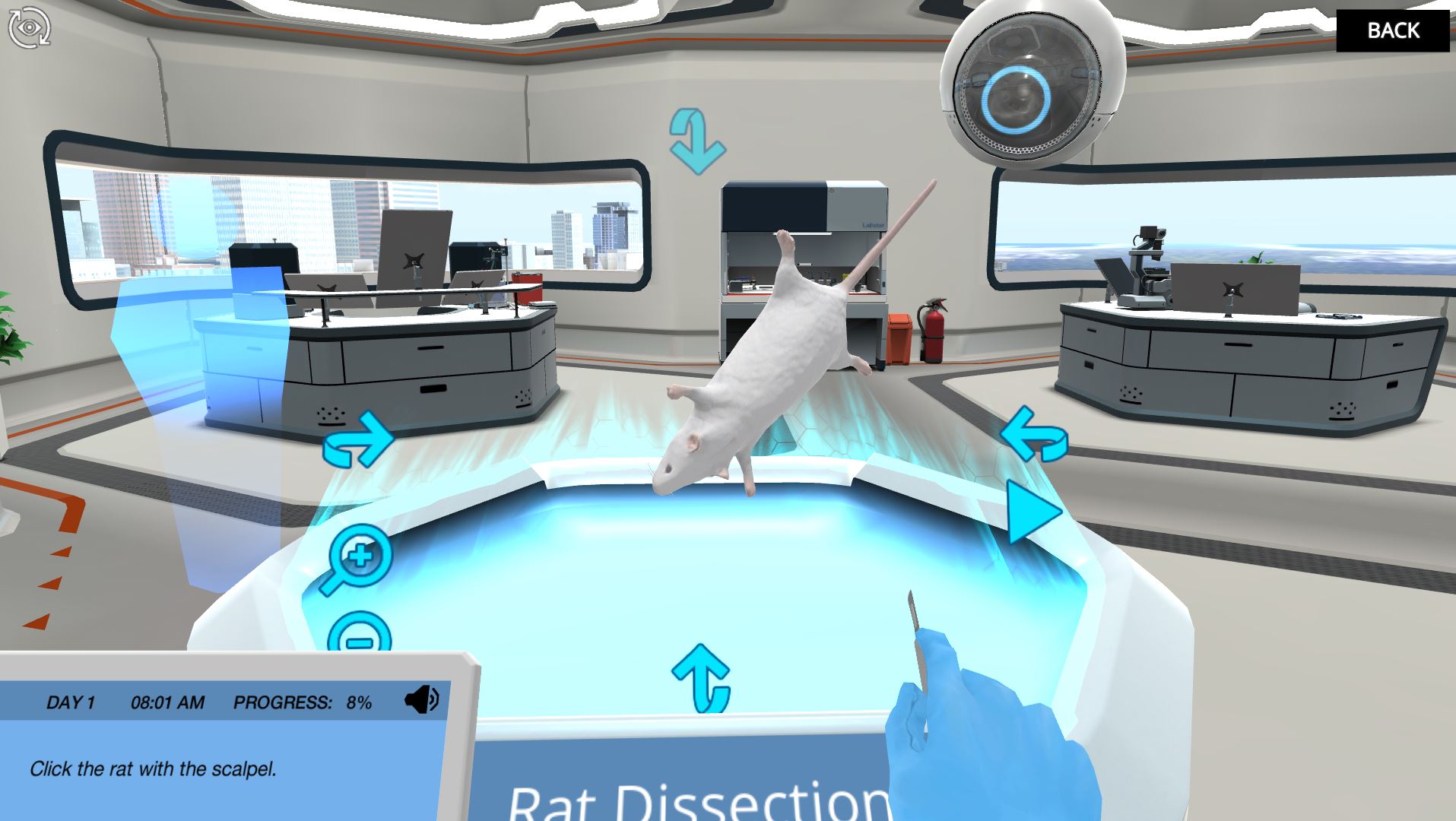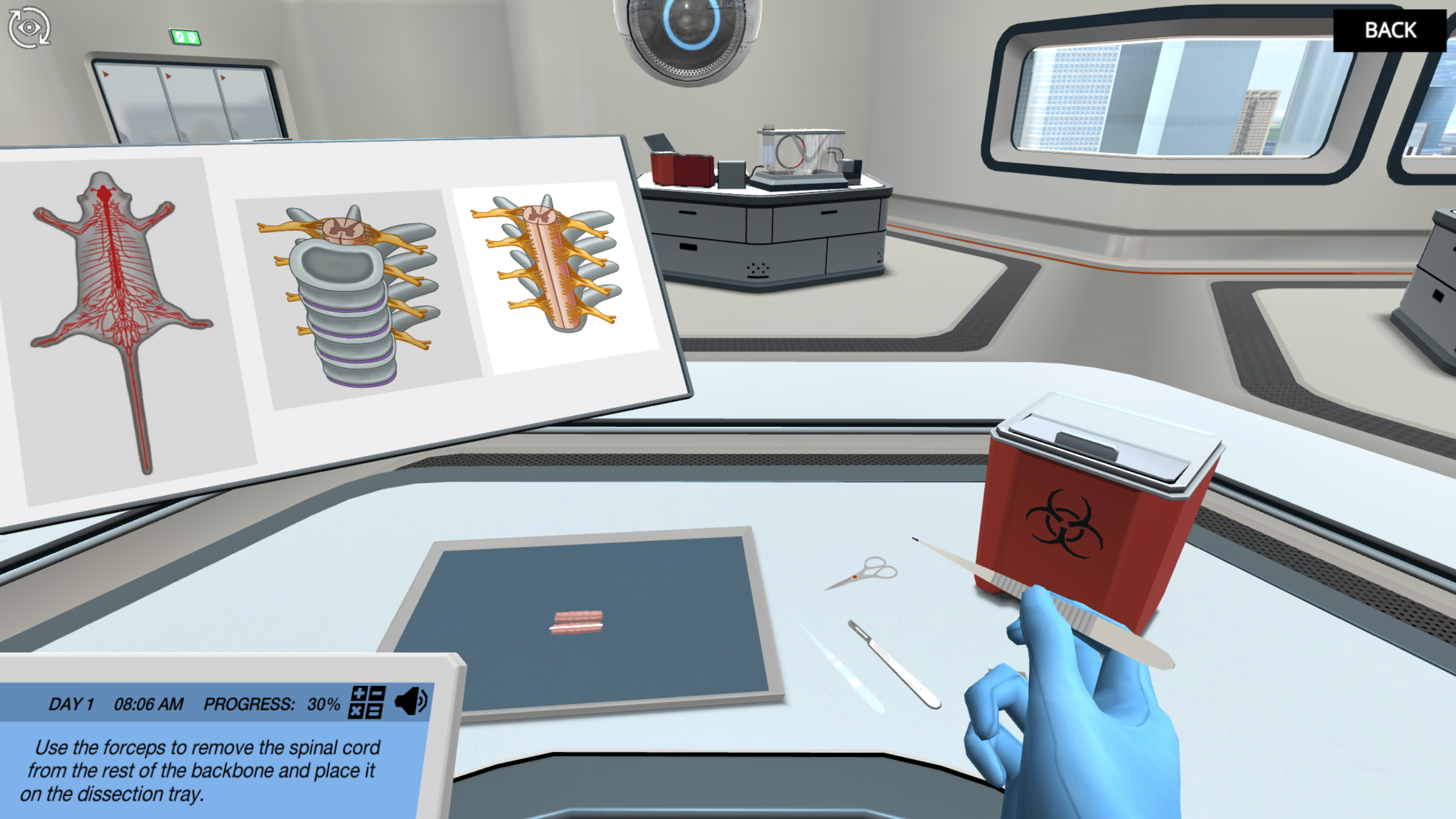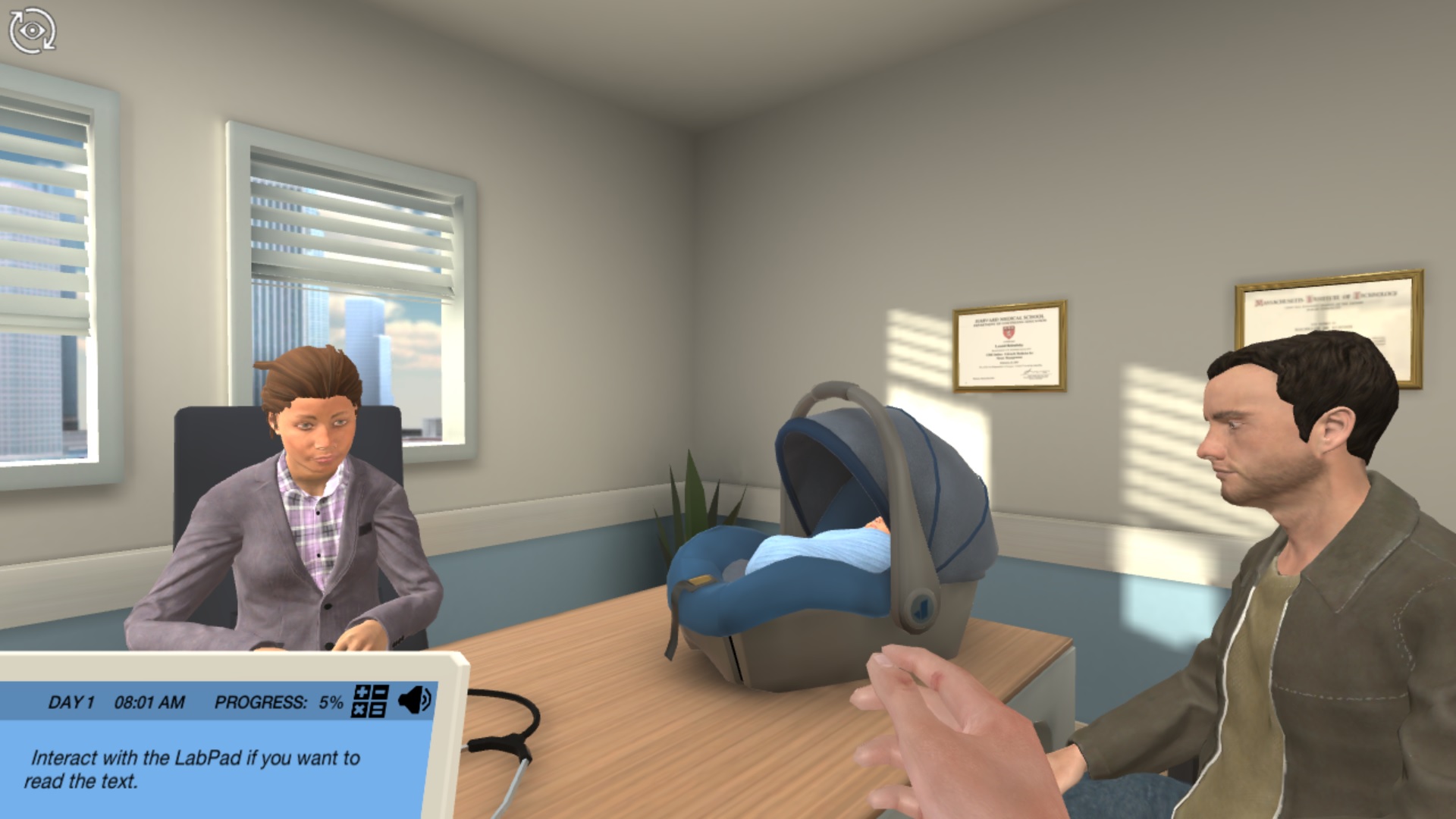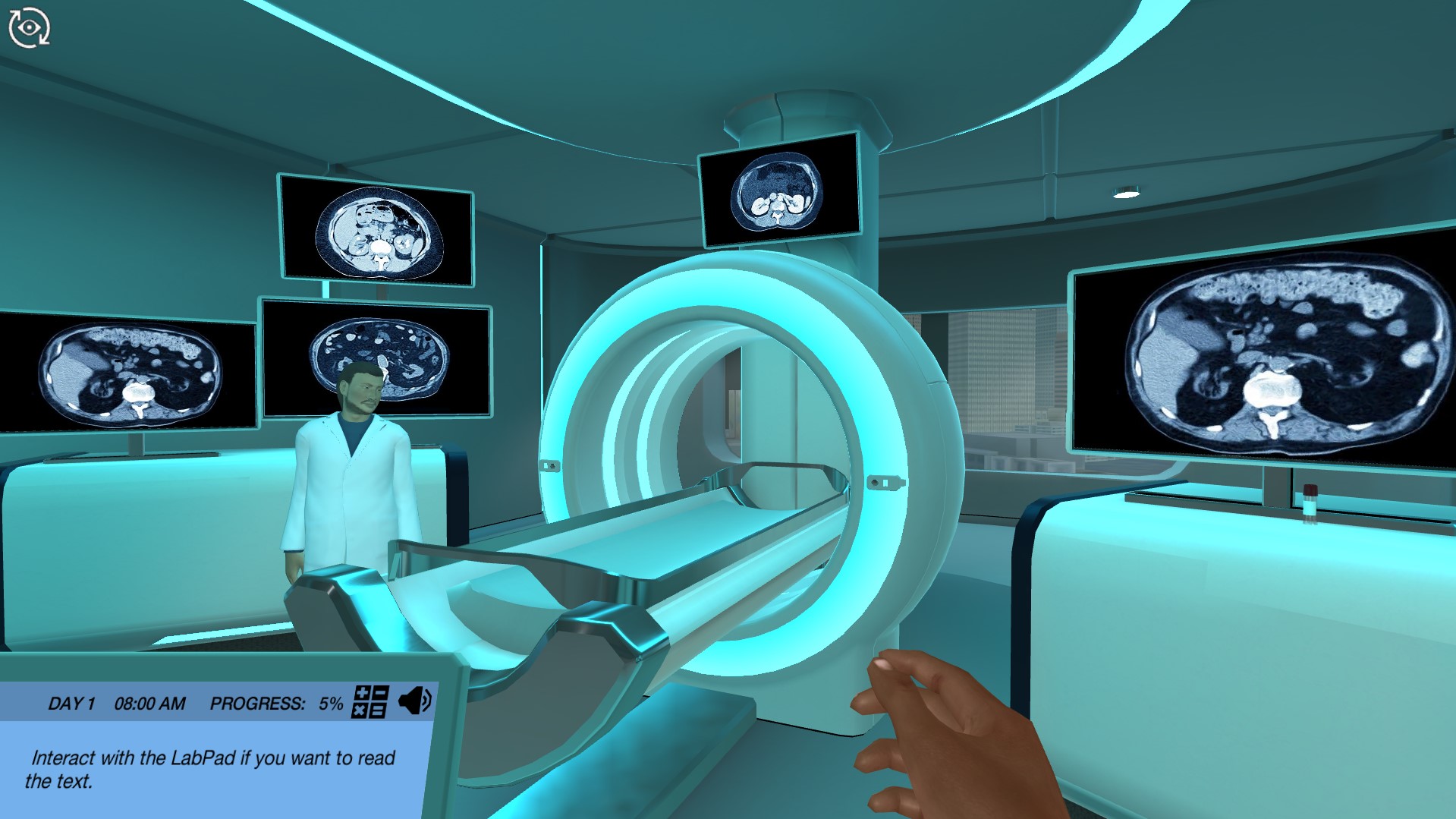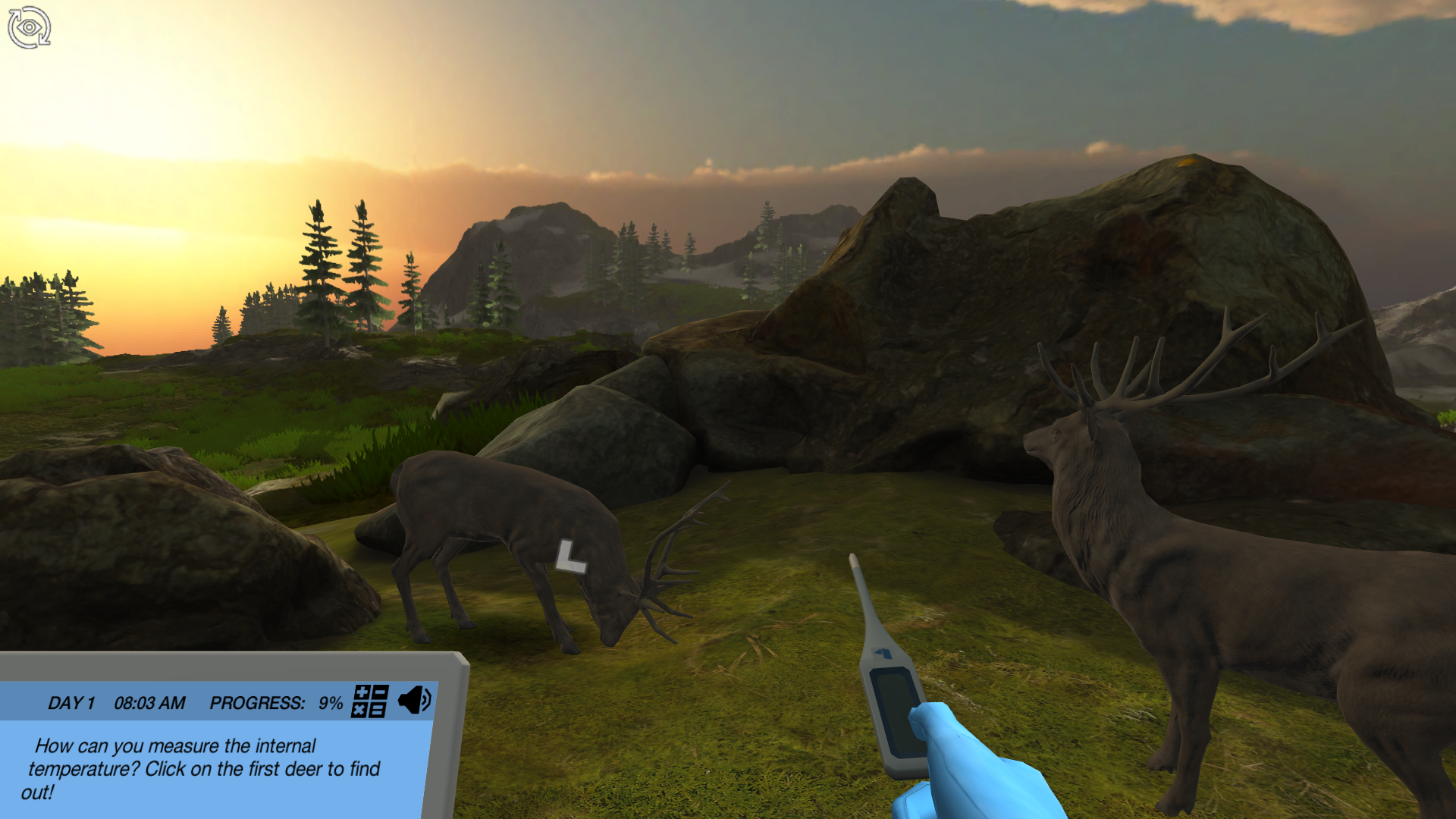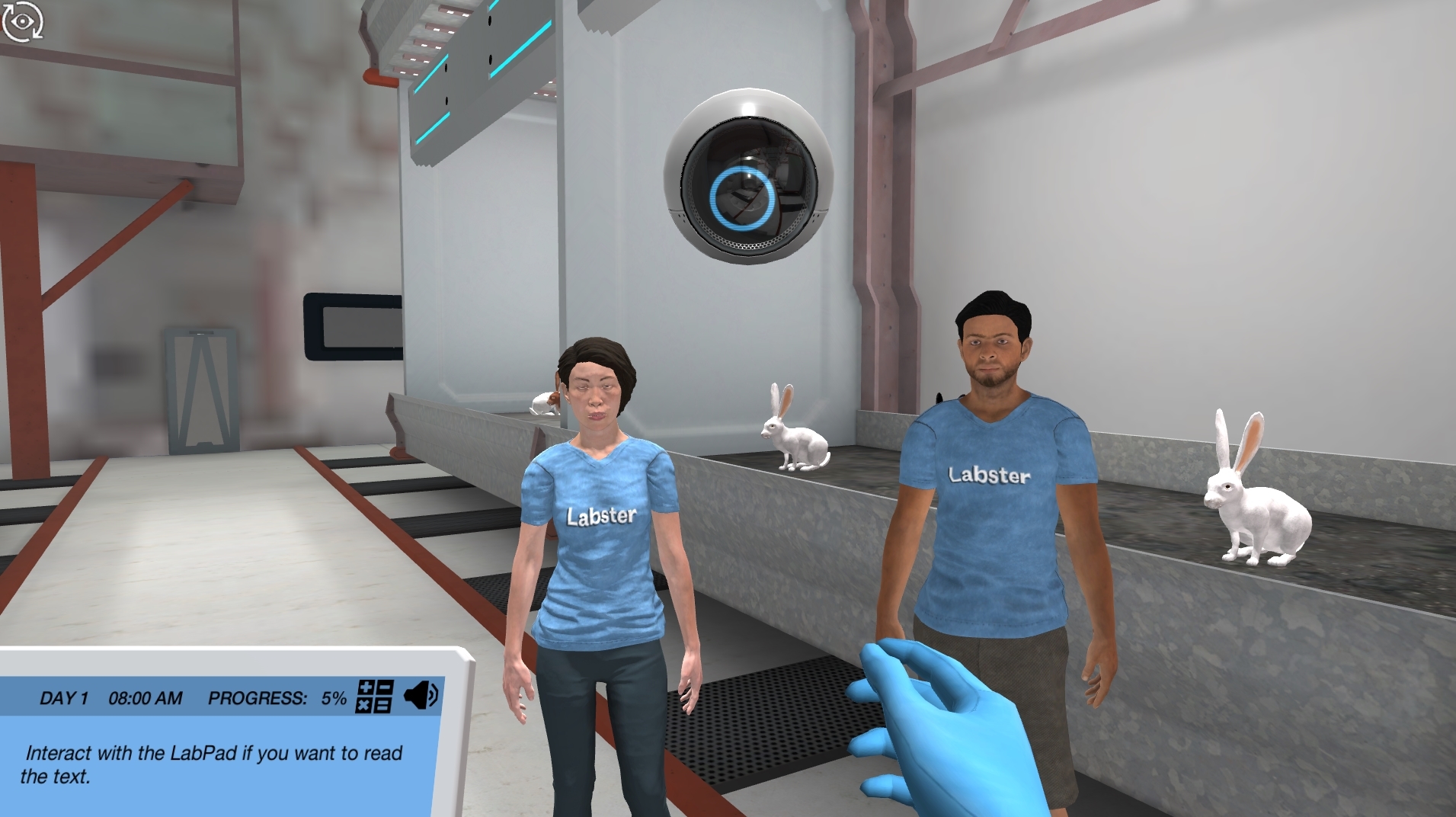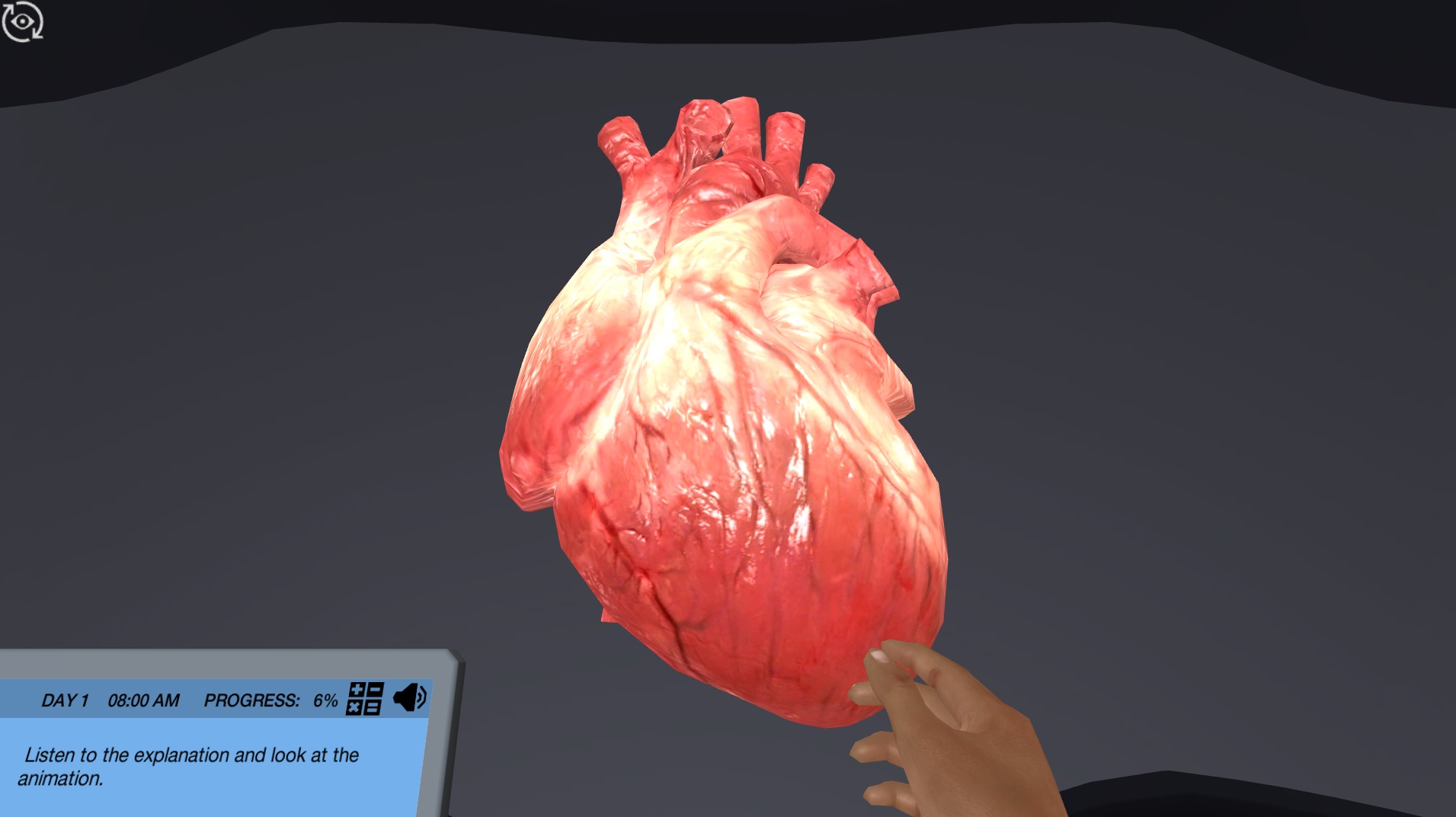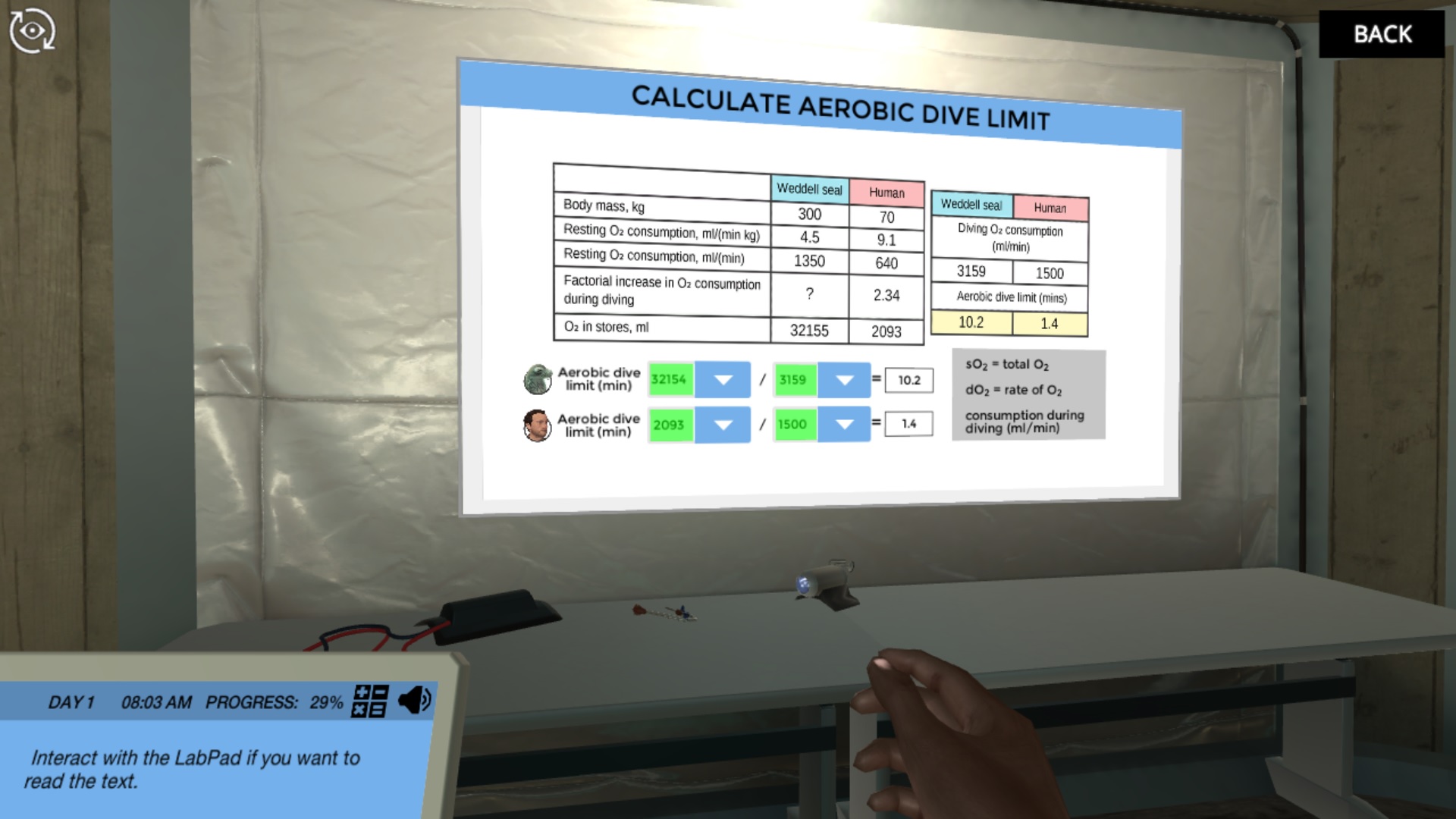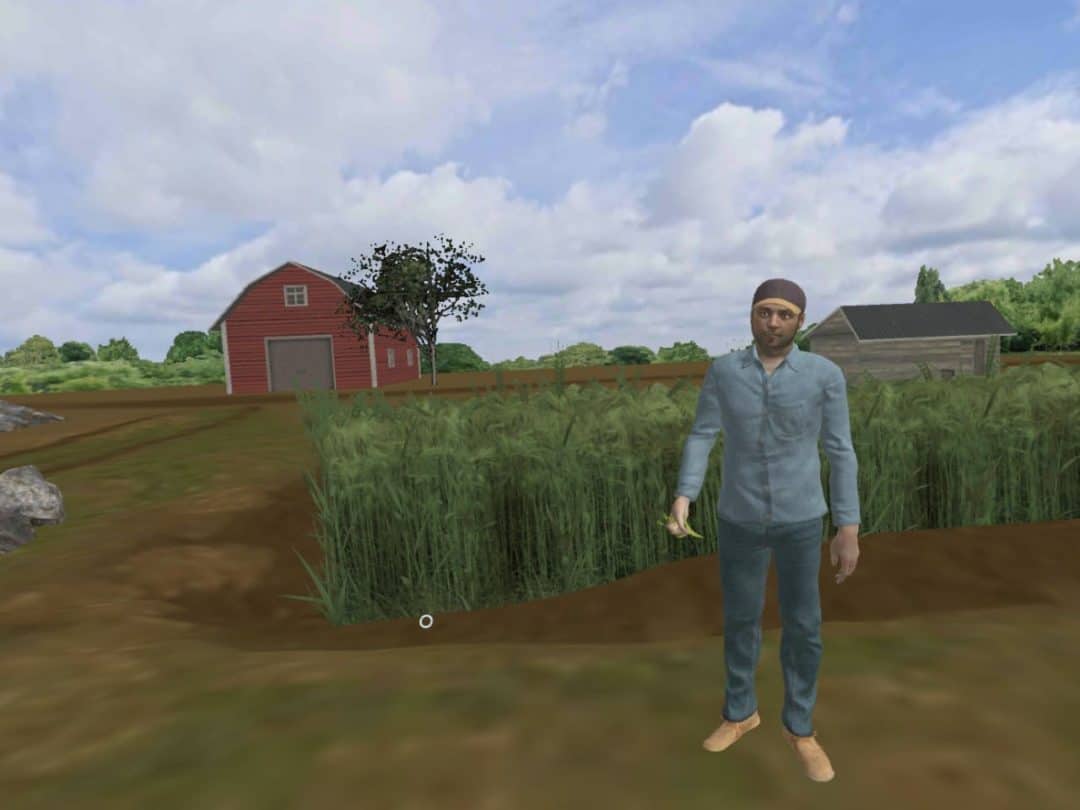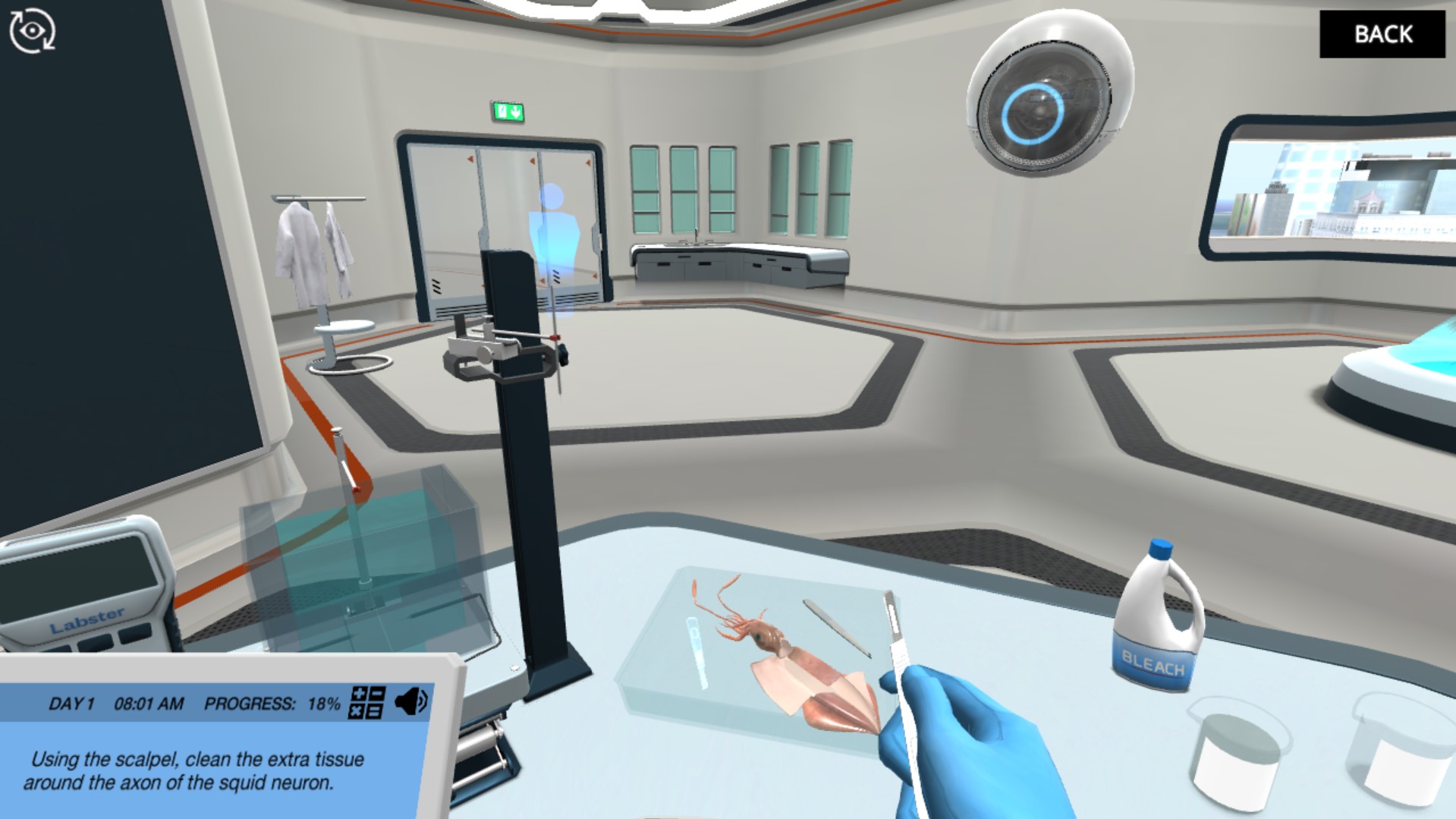Collection Simulations
Tissue Engineering
Help out a desperate soccer player who has been badly injured. Will you able to help the sports physician in using the tissue engineering technique to restore damaged articular cartilage?
Smooth muscle: Learn how your gut contracts!
Join a physiology laboratory to understand how smooth muscle contracts by performing several in vitro experiments, and help your friend identify the cause of her intestinal pain.
Skeletal Muscle: Learn about the muscles we use to walk and run
Investigate the properties of two types of skeletal muscle and analyze their fiber composition. Use histochemistry and force transduction to compare muscles and learn why you can stay energized on long walks but get tired from a short sprint.
Sensory transduction: Learn why you feel pain when you get hit by a rock
Learn the basic mechanisms of sensory transduction by performing in vitro and in vivo experiments and determine which anesthetic drug will allow your friend to keep climbing a mountain without having the muscles affected.
Intestinal Glucose Transport: Study a mouse intestine for diagnosis
Turn a mouse intestine inside out and use it to study glucose transport in order to figure out what is wrong with an infant.
Renal Physiology: Find the mode of action of a diuretic drug
Explore the structure of the kidney and discover its different functions by trying to uncover the mode of action of a new diuretic drug that has the potential to prevent hypertension.
Thermal Homeostasis: Apply thermoregulation to climate change
See how deer physiologically respond to climate change. Use a metabolic chamber and Douglas bag to measure the oxygen content, humidity and volume of a deer’s exhaled breath at different temperatures.
Endocrinology: Learn how contraceptives work
Develop a method for keeping a population of rabbits under control by using hormonal treatments. Investigate how different concentrations of different hormones impact the fertility of male and female rabbits.
Cardiovascular Function During Exercise: Learn how your body reacts to exercise
Use medical tests to gather information about patients and determine how their cardiovascular systems respond to different exercise intensities.
Cardio-respiratory Physiology: How can seals dive so deep for so long?
Monitor three dives of a Weddell seal in Antarctica and discover how long it can dive with the oxygen available in its stores.
Confocal Microscopy
Join this virtual confocal microscopy lab and learn how to take pin-sharp confocal micrographs and 3D renderings. Use the knowledge to save your uncle’s crop from a mysterious plant disease.
Action Potential Lab: Experiment with a squid neuron
Dissect a squid and use its giant neuron to witness the propagation of information in the shape of an action potential created by an electric current. Use this information to identify a neurotoxin affecting a hospitalized patient.
Boost STEM Pass Rates
Boost Learning with Fun
75% of students show high engagement and improved grades with Labster
Discover Simulations That Match Your Syllabus
Easily bolster your learning objectives with relevant, interactive content
Place Students in the Shoes of Real Scientists
Practice a lab procedure or visualize theory through narrative-driven scenarios



